Looking back at past contest winners
February 7, 2016 Leave a comment
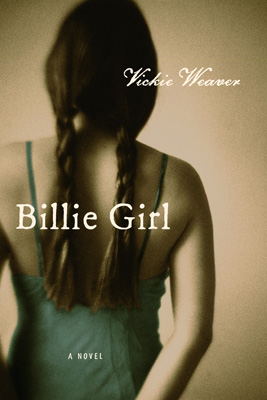
Vickie Weaver was the first winner of Leapfrog’s Fiction Contest in 2009. Her novel Billie Girl, published in 2010, brings a unique perspective to Southern Gothic literature. We asked her to reflect about her experience as a contest winner.
When I was 44 years old, I was the worst bank teller ever. I’d had several jobs since high school (nothing close to a career), jobs I’d taken because they were close to home and my children. That was my choice, with no regrets. But one day I realized that my two sons were grown, and that I needed to make a change for myself. Since junior high school I’d assumed I’d be a writer, but I’d done nothing about it. At age 44, I enrolled in college, and four years later, in 2000, earned a BA in English with a minor in Creative Writing and a minor in Women’s Studies. Still I didn’t write. I wondered about grad school, though I considered at 51 I shouldn’t spend that much more on my education. I am grateful that my husband didn’t agree. In 2003, I applied to Spalding University’s Low Residency MFA in Writing Program. I studied fiction, and graduated in 2005. I published my first short story soon after.
My mother’s family lived in eastern (rural) Kentucky (near Middlesboro), and later, near Cumberland Gap, Tennessee. As a city girl from Indiana, I felt I was being punished when we spent summer vacations there (1950s and 1960s). No sidewalks or night lights, no Beatles on the radio—yes, Dolly Parton sang to us instead. Dirt roads, rattlesnakes, and a grandpa who sold moonshine. As much as I disdained that life as a child, when I began to write, the South came out of my soul and onto the page. I had no idea that I had been carrying those memories next to my heart; it repairs me to write of the butter churn, warm nested eggs, stack cake, rolled cigarettes, the store man, a tin tub bath in the kitchen. Love and work and prayer and more worries than laughter. Those people, those times, are a part of all my stories in some way. I honor them.
When I completed my novel (in 2008), like any writer, I wanted it published. Creating anything else was set aside for months as I worked toward this goal. I queried agents (via email, snail mail and at conferences that offered pitch sessions). I submitted to small presses and publishing houses that did not require agent submissions. I entered literary contests. The key for me was to try different approaches simultaneously. I did not wait for rejection to submit again and again. Hours of internet research for guidelines to prepare my submission and/or query properly for each source, and checking out the listings in each issue of POETS & WRITERS gave me several options. It was exhausting. Before I could land an agent, I won Leapfrog’s contest in 2009. So for me, success came about with common sense, “elbow grease,” and determination. (I have paused the agent search for now.)
Since then, I’ve had several short stories published (both before and after Billie Girl); I’ve won and placed in contests. For a complete list of my work, please visit my website, www.vickieweaver.com.
As her website states, Vickie currently lives and writes from the middle of a Midwest hayfield. Keep your eyes open for her newest short story in the Twisted Road Southern Gothic Revival Anthology later this year.


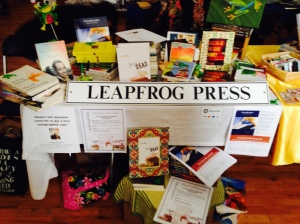
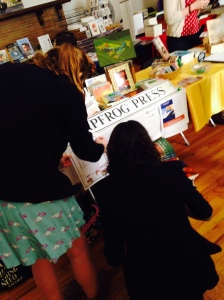
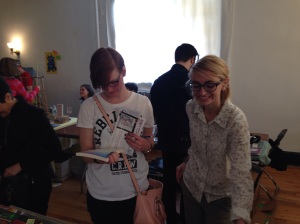
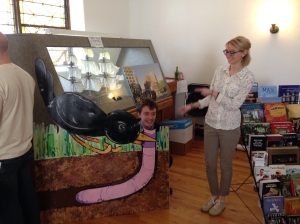

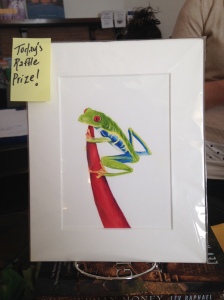
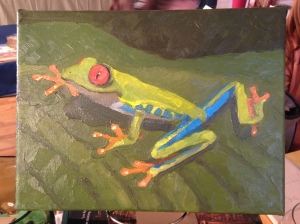
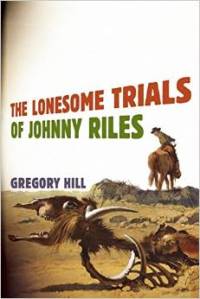
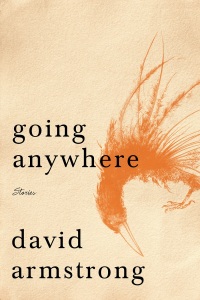
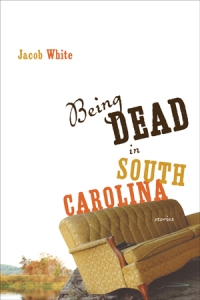




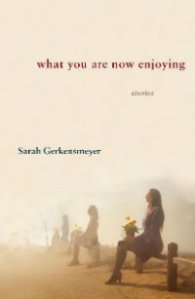
Recent Comments